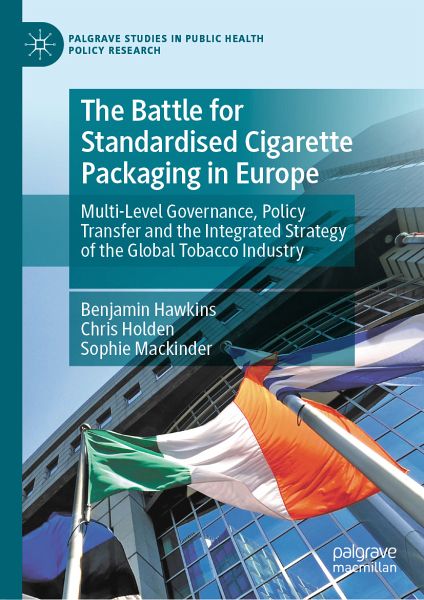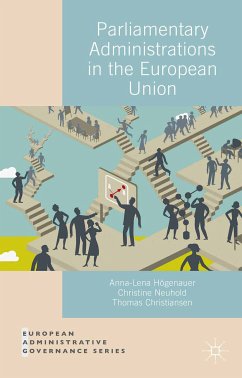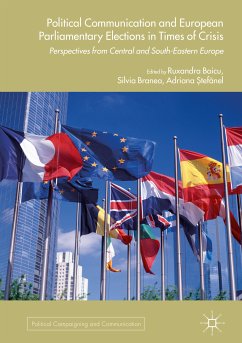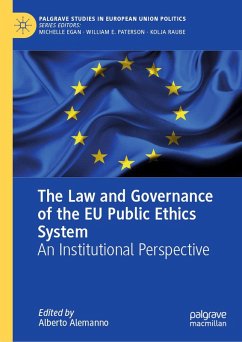
The Battle for Standardised Cigarette Packaging in Europe (eBook, PDF)
Multi-Level Governance, Policy Transfer and the Integrated Strategy of the Global Tobacco Industry
Versandkostenfrei!
Sofort per Download lieferbar
44,95 €
inkl. MwSt.
Weitere Ausgaben:

PAYBACK Punkte
22 °P sammeln!
"This book is essential reading for researchers of tobacco policy change. Too many studies simply complain that change is too slow because tobacco companies are too powerful and politicians lack the will to challenge them. This book goes much further, to help us understand not just industry strategy but the policy processes in which policy advocates engage, learn from each other, and help create essential global tobacco policy change." Paul Cairney, University of Stirling, UK "This book is rare in making genuinely significant contributions across both public health and policy studies. By focus...
"This book is essential reading for researchers of tobacco policy change. Too many studies simply complain that change is too slow because tobacco companies are too powerful and politicians lack the will to challenge them. This book goes much further, to help us understand not just industry strategy but the policy processes in which policy advocates engage, learn from each other, and help create essential global tobacco policy change."
Paul Cairney, University of Stirling, UK
"This book is rare in making genuinely significant contributions across both public health and policy studies. By focusing on the battle for standardised packs, it engagingly addresses one of the most prominent recent innovations in health policy that has relevance both beyond Europe and across multiple spheres of health policy. In doing so, it also offers an innovative analysis of the role of transnational corporations in policy transfer."
Jeff Collin, University of Edinburgh, UK
Dieser Download kann aus rechtlichen Gründen nur mit Rechnungsadresse in A, B, BG, CY, CZ, D, DK, EW, E, FIN, F, GR, HR, H, IRL, I, LT, L, LR, M, NL, PL, P, R, S, SLO, SK ausgeliefert werden.
Alle Preise in Euro und inkl. der gesetzl. MwSt. | Innerhalb Deutschlands liefern wir preisgebundene Bücher versandkostenfrei. Weitere Informationen: bitte hier klicken
Support
Bitte wähle dein Anliegen aus:
Rechnungen
Bestellstatus
Retourenschein
Storno












